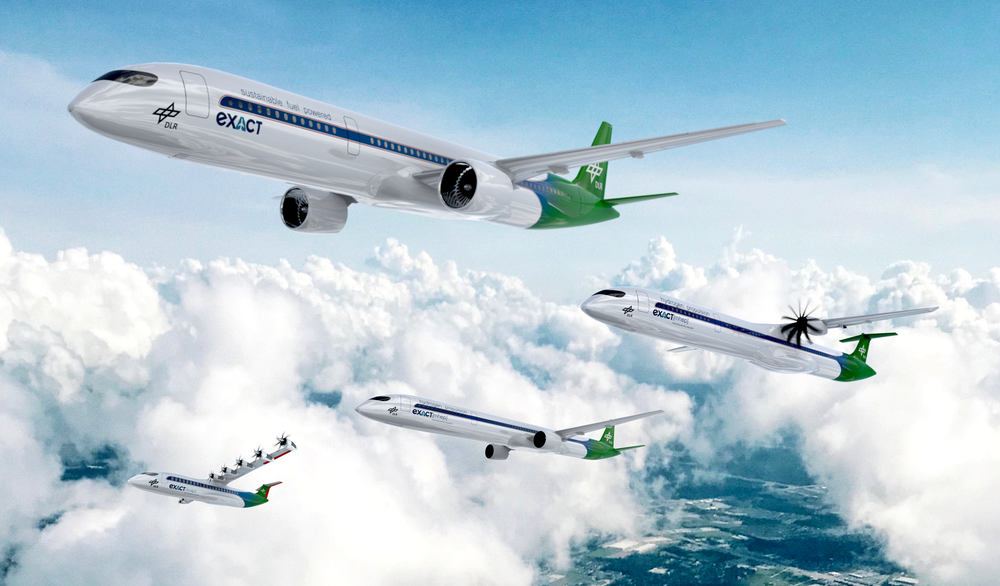MÖWE - Maximum eco-efficient wing development
New manufacturing technologies and processes are currently being considered for the wing shells of the next generation of short and medium-haul aircraft. In contrast to the current industrial use of pre-impregnated fibres (prepregs), bound dry fibres are to be deposited on a mould and the finished preform infiltrated with resin in a downstream process. This results in additional technological and economic possibilities and issues that are to be addressed as part of the project. The work carried out by DLR as part of the consortium serves the goal of maintaining and further expanding the efficiency of the German location. As part of the alliance, DLR contributes to the development, evaluation and demonstration of manufacturing concepts for fibre composite structures for sustainable aviation. The holistic approach focuses on preform production as well as sustainability assessment and optimisation.
The contribution made by DLR supports the industrial partners in establishing their position on the market and strengthening their position, especially for fibre composite structures, so that relevant construction methods for the future can also be mapped by local industry and thus generate added value in Germany.
Within the MÖWE joint project, DLR is developing efficient technologies for DFP preforming in particular and integrating these into an industrialisable end-effector technology together with project partner Broetje. In addition, methods are being developed that enable energy prediction of DFP processes in virtual production. This information, together with material flows and other process information, will be transferred to a sustainability assessment. The main objectives of this project are as follows:
- Creation of an empirical database of scenario-based energy consumption for DFP processes and modelling of the scenarios
- Creation of a methodology for AI-based prediction of energy consumption for robot-based DFP processes
- Development of a methodology for integrating ecological drivers into the cost modelling of process chains
- Development of an interface for economic process chain modelling
- Determination of demoulding forces of FRP components using internal release agents and derivation of required minimum quantities
- Determination of demoulding forces of FRP components using internal release agents and derivation of required minimum quantities with simultaneous stable process control
- Further development of the CoRe HeaT technology to enable 2" multitow deposition
- Integration of the technology into an industrial end effector of Broetje and joint validation of the developments in a representative preform production


